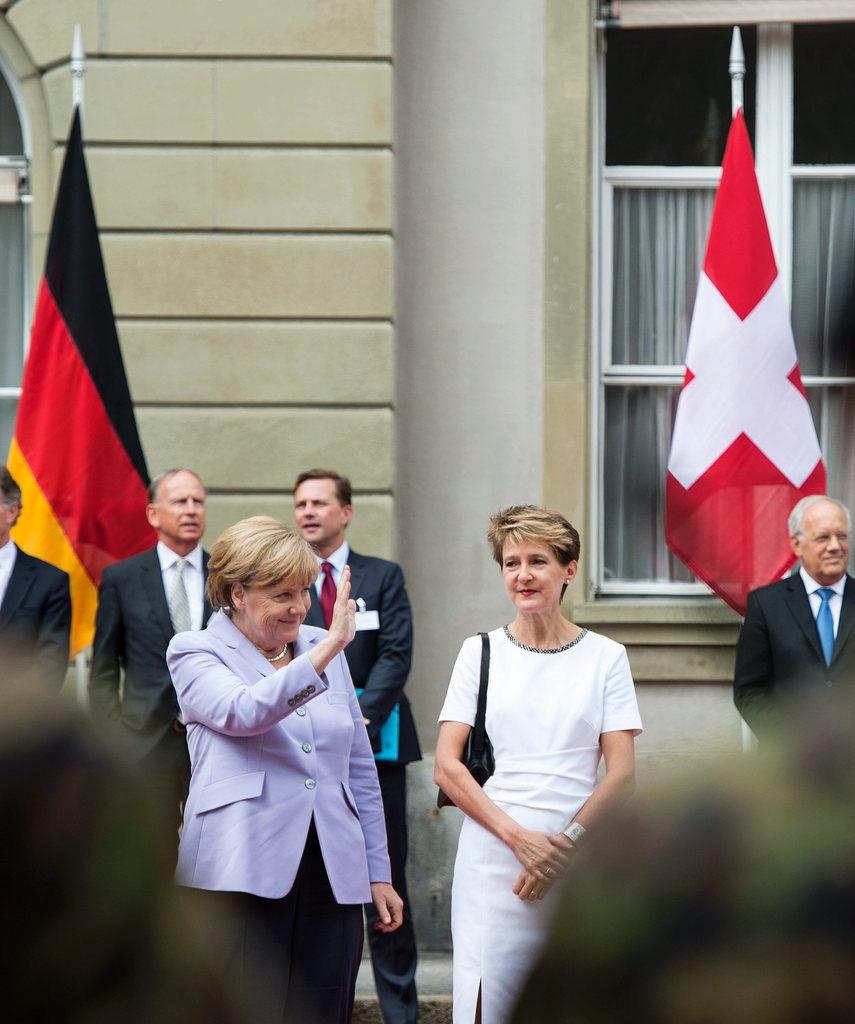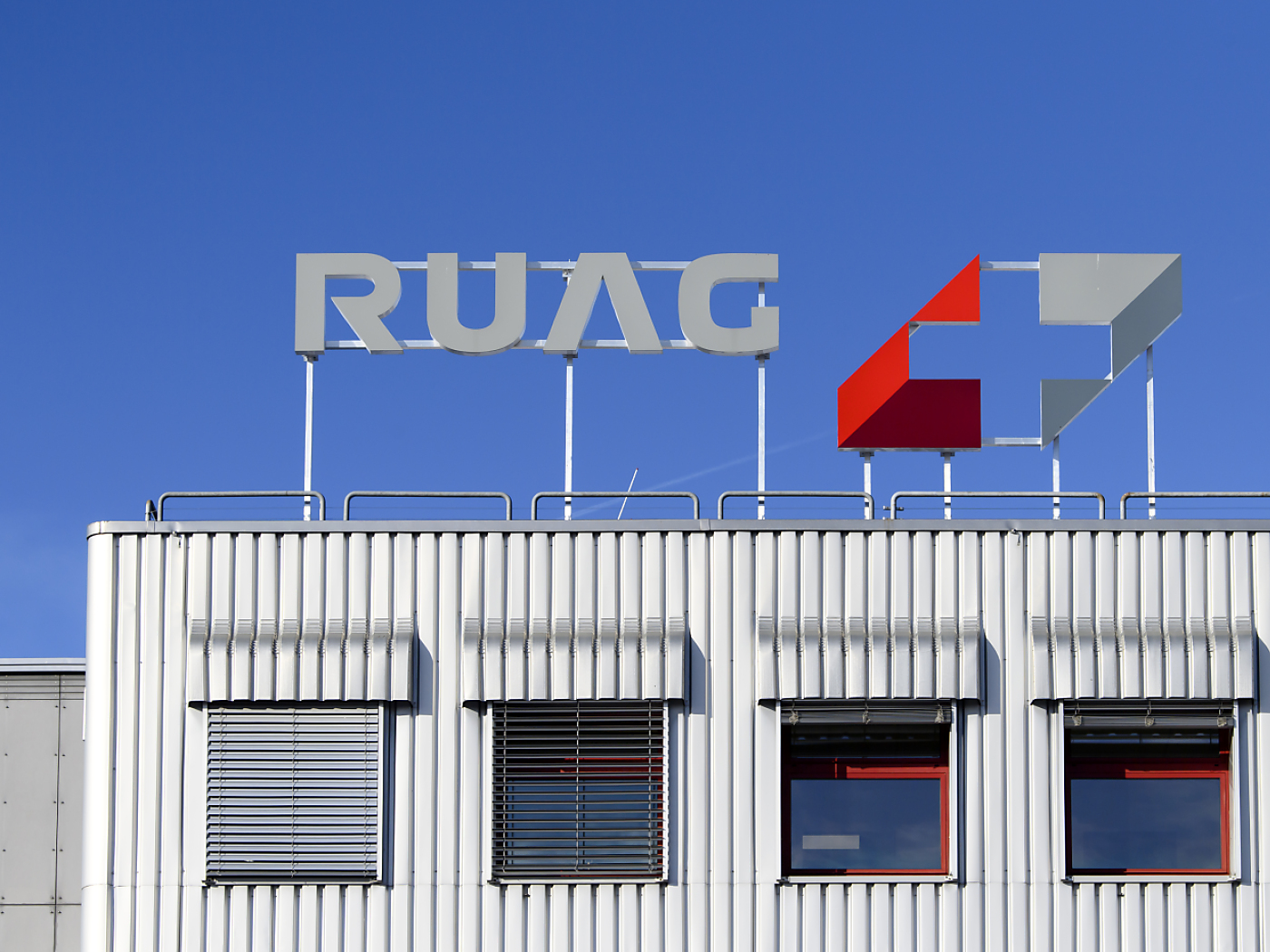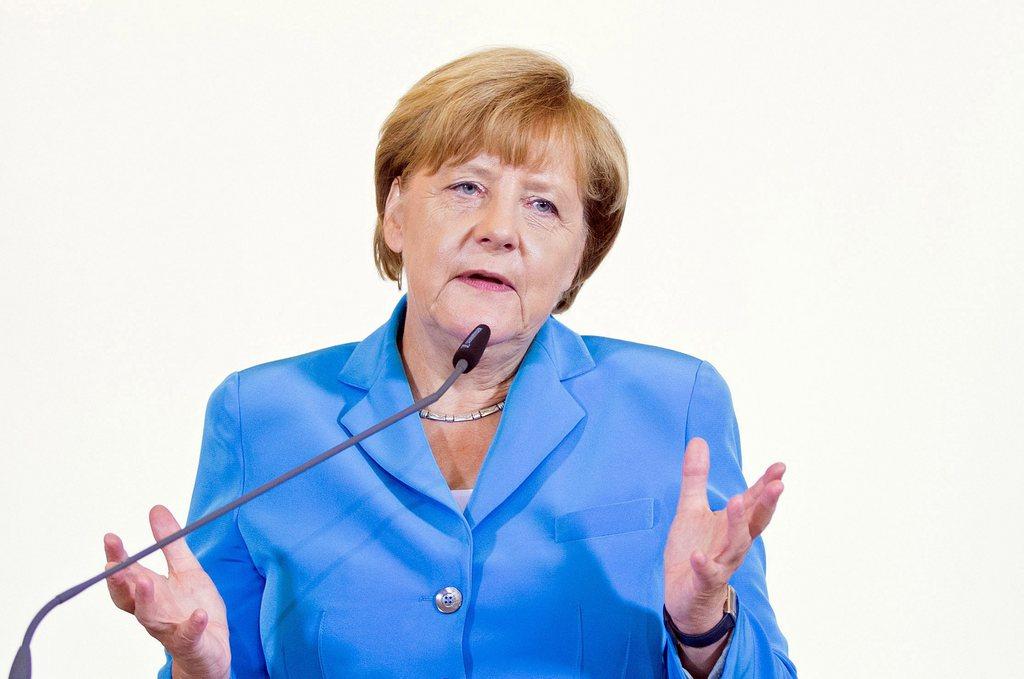Migration tops agenda in Merkel talks

German Chancellor Angela Merkel, on her first official visit to Bern in seven years, has made an example of the Swiss for how to deal with Europe’s burgeoning migration crisis.
Merkel also suggested she might fulfil Swiss hopes for her to mediate or at least support Switzerland in its ongoing talks with the European Union over some burning issues, such as the February 2014 Swiss voter initiative to curb immigration.
At a joint press conference on Thursday with Simonetta Sommaruga, who holds the rotating Swiss presidency this year, Merkel called the refugee influx to Western Europe “a problem that concerns us all in Europe” and renewed her call for binding quotas to spread the burden within the European Union’s 28 member countries. She also encouraged the Swiss to remain at the negotiating table with the EU in its own sensitive negotiations over Swiss limits on immigration.
To accomplish that, she said the European Union and Germany could “definitely learn from the Swiss approach” of dealing with refugees and asylum seekers. Merkel highlighted Switzerland’s 48-hour rule, which concerns fast-track decision-making for asylum seekers from Kosovo and Georgia.
“Switzerland has developed processes that are constitutional and create clarity despite being carried out quickly”, Merkel said, adding that this could be an incentive for Germany, where the decision-making period is set to be reduced to several weeks.
For her part, Sommaruga emphasised the close ties between the two nations: around 300,000 German citizens live in Switzerland, while about 85,000 Swiss citizens live in Germany.
“The fact that Switzerland and Germany are closely intertwined politically, economically and culturally is valuable for both countries,” Sommaruga said. “The EU respects our decisions,” she stressed referring to the movement of people between the countries, “but it must be understood that if we want to stay on the bilateral path, it needs to be renewed and strengthened”.
Common asylum policy
Although the topics discussed included policy on Europe, bilateral issues on energy and transport and the economic and social situation in Europe, the focus was on the broader issue of migration, in particular the large increase in the number of asylum applications throughout Europe.
Some 300,000 people have so far crossed the Mediterranean this year, according to the UN refugee agency, up from 219,000 for the whole of 2014. At least 2,500 have died, mostly at sea.
For her part, Sommaruga said Switzerland supported a common European asylum policy, adding that she also believed the Swiss experience could serve as a model for the European Union.
She pointed to the Swiss practice of allocating refugees to all 26 cantons according to uniform standards and an allocation formula.
Both sides affirmed the aim of a collective European refugee policy in accordance with the principles of solidarity and shared responsibility, as set out in the European Agenda on Migration.
Refugee quotas
Merkel said the burden of taking on hundreds of thousands of refugees fleeing conflicts in Syria and elsewhere must be shared out more fairly in Europe, renewing her call for binding quotas to spread out tens of thousands of migrants among the European Union’s 28 countries.
She stressed that a country’s size and economic strength would be taken into account “but [without quotas] we will not cope with this question”.
“The German government says the Dublin approach is not working anymore, because so many refugees are arriving at our external borders that we can’t leave Italy or Greece alone to deal with this task,” she said.
“At the same time, if we say that Italy and Greece can’t be left alone with this task, then neither can it be that three countries, like Sweden, Austria and Germany, are left alone with the lion’s share of the task.”
Germany has taken in more migrants than any other European Union country. It expects 800,000 new arrivals this year.
‘No crisis in Switzerland’
Thursday’s official visit came a few hours after the Swiss cabinet advised parliament to reject right-wing attempts to impose an emergency crackdown on asylum applications as the refugee crisis in Europe worsens.
Acknowledging that the refugee situation in other parts of Europe and the world was critical, the government said there was no crisis in Switzerland.
The conservative right Swiss People’s Party has launched motions calling for an “immediate moratorium” on processing asylum applications for a year as fears rise that large numbers of migrants will start to cross Swiss borders.
The government, which last utilised emergency asylum measures in 2012, said in its written advice to parliament that there was no immediate need to adopt a similar position. The House of Representatives is set to debate the issue on Tuesday.

In compliance with the JTI standards
More: SWI swissinfo.ch certified by the Journalism Trust Initiative












You can find an overview of ongoing debates with our journalists here . Please join us!
If you want to start a conversation about a topic raised in this article or want to report factual errors, email us at english@swissinfo.ch.